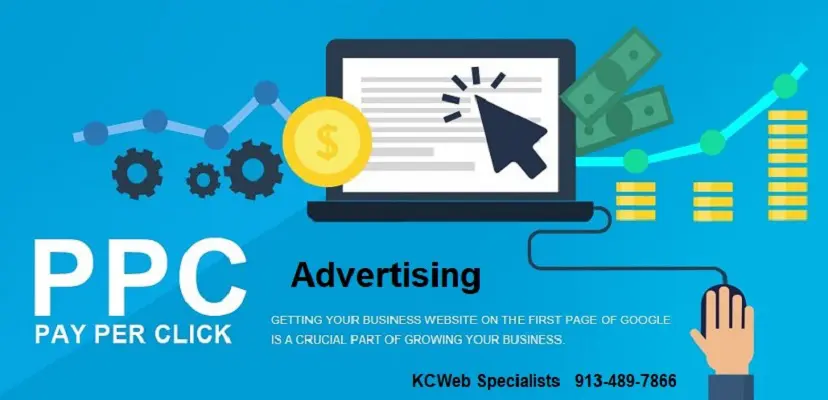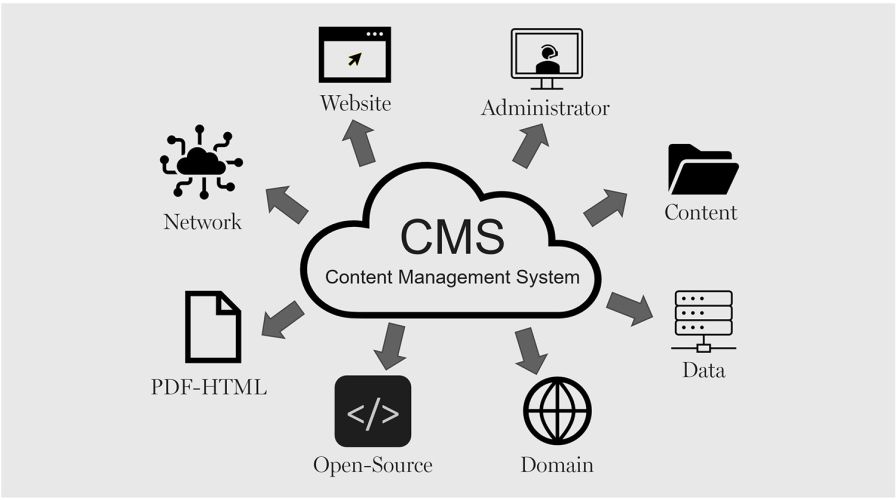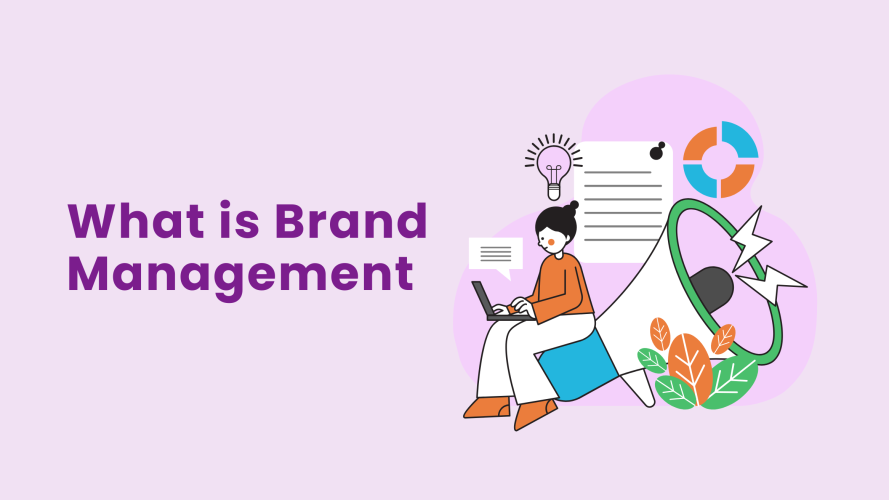
PPC advertising is an effective marketing strategy for business websites, in particular eCommerce sites. If you’re questioning whether or not PPC marketing is right for your business, most likely it is, especially if yours is a B2B business. Some of the advantages of PPC advertising are high visibility and rankings in search engines, relevant traffic to your website, paying only when searchers click on your ad, posting special promotions, and a set advertising budget amount each month.
How Does PPC Advertising Work?
PPC advertising operates on an auction-based system. Here’s how it works:
- Keyword Selection: Advertisers bid on specific keywords that are relevant to their products or services. For example, if you’re selling sports shoes, you might bid on terms like “buy running shoes online” or “best sports shoes.”
- Ad Placement: When a user searches for a term that matches or closely relates to the keyword you’ve bid on, your ad is displayed on the search engine results page (SERP) or within a social media platform.
- Bidding and Quality Score: Your ad placement isn’t just determined by the highest bid. Search engines like Google also consider the quality score of your ad, which is based on the relevance of the keyword, the quality of your landing page, and the click-through rate (CTR). The better your quality score, the less you might pay for each click, even if your competitors bid more.
- Pay-Per-Click: Once a user clicks on your ad, you are charged for that click. This cost can range from a few cents to several dollars, depending on the competitiveness of the keyword and industry.
Why Does PPC Advertising Work?
PPC marketing is highly effective for several reasons:
1. Immediate Results
Unlike search engine optimization (SEO), which can take months to show results, PPC ads deliver immediate traffic. Once your campaign is live, you can start attracting visitors to your site within minutes. This makes it an ideal strategy for businesses looking for quick wins, such as launching a new product, running a time-sensitive promotion, or driving sales during peak shopping seasons.
2. Highly Targeted Audiences
PPC advertising allows you to target specific audiences based on their search intent, demographics, location, and interests. With features like remarketing, you can even target users who have previously visited your website but haven’t converted yet. This precise targeting ensures that your ads are shown to users who are most likely to convert into customers, maximizing your advertising spend.
3. Measurable ROI
PPC advertising is highly measurable, which means you can easily track the performance of your campaigns in real time. Metrics such as click-through rate (CTR), cost per click (CPC), and conversion rate provide detailed insights into how well your ads are performing. This data-driven approach allows you to make informed decisions and optimize your campaigns for maximum ROI.
4. Flexibility and Scalability
PPC campaigns offer great flexibility. You can set your budget, pause or start campaigns at any time, and adjust your bids based on performance. This level of control makes it easier for businesses of all sizes to experiment with different ad strategies and scale their efforts as they see fit.
Does PPC Advertising Work for Every Business?
While PPC advertising can deliver significant benefits, it’s important to note that it may not be the best fit for every business. Here are a few key factors to consider:
1. Budget Constraints
PPC advertising can be expensive, especially in highly competitive industries like law, finance, or insurance, where keyword bids can reach upwards of $50 per click. For small businesses with limited marketing budgets, PPC might not be the most cost-effective option, particularly if your target keywords are highly competitive. However, it’s still possible to succeed with a smaller budget by focusing on long-tail keywords, refining your ad copy, and optimizing landing pages for conversions.
2. Short-Term vs. Long-Term Strategy
While PPC delivers immediate results, it requires continuous investment to maintain visibility. Once you stop running ads, your traffic disappears. In contrast, SEO offers long-term benefits by improving your organic search ranking. For businesses looking for a sustainable, long-term strategy, combining PPC with SEO can offer the best of both worlds.
3. Industry and Target Audience
PPC advertising tends to work best in industries where customers are actively searching for specific products or services. For example, e-commerce businesses selling consumer goods, real estate agencies, and service-based companies can often see great results. On the other hand, businesses with low search demand or niche audiences may struggle to justify the cost of PPC.
Maximizing ROI with Effective PPC Strategies
To ensure your PPC campaigns deliver results, it’s important to have a clear strategy in place. Here are a few tips to help you maximize your ROI:
1. Conduct Keyword Research
Successful PPC campaigns start with thorough keyword research. Use tools like Google Keyword Planner to identify high-performing keywords with a balance of search volume and low competition. Focus on long-tail keywords that are highly specific to your product or service, as these tend to have lower costs and higher conversion rates.
2. Optimize Your Ad Copy
Compelling ad copy is crucial to attracting clicks. Be clear about your value proposition and include a strong call-to-action (CTA) that encourages users to take the next step, such as “Shop Now,” “Get a Free Quote,” or “Book a Consultation.” Test different variations of your ad copy to see which performs best and refine your messaging accordingly.
3. Create Dedicated Landing Pages
Ensure that the landing pages users are directed to after clicking your ad are relevant and optimized for conversions. Avoid sending traffic to your homepage, as this can lead to higher bounce rates. Instead, create dedicated landing pages that match the intent of the user and provide a clear path toward conversion, whether it’s making a purchase, signing up for a newsletter, or requesting a quote.
4. Monitor and Optimize Performance
PPC advertising is not a “set it and forget it” strategy. Continuously monitor your campaigns to identify which keywords, ads, and landing pages are driving the best results. Use A/B testing to experiment with different elements, such as headlines, CTAs, and images. Adjust your bids based on performance, and pause any underperforming ads to maximize your budget.
5. Utilize Remarketing Campaigns
Remarketing allows you to target users who have previously interacted with your website but didn’t convert. By displaying tailored ads to these users across different platforms, you can encourage them to return and complete their purchase or inquiry. Remarketing is particularly effective for industries with longer sales cycles or high-value products.
Conclusion: Does PPC Advertising Work?
Yes, PPC advertising can be an incredibly effective tool for driving traffic, generating leads, and boosting sales when done correctly. It provides immediate results, highly targeted audiences, and measurable ROI, making it a powerful option for businesses of all sizes. However, success with PPC requires a well-thought-out strategy, ongoing optimization, and a willingness to experiment with different approaches.




